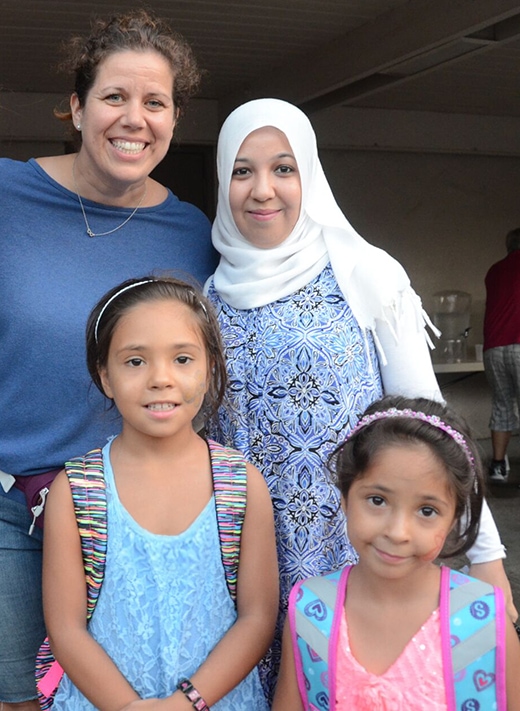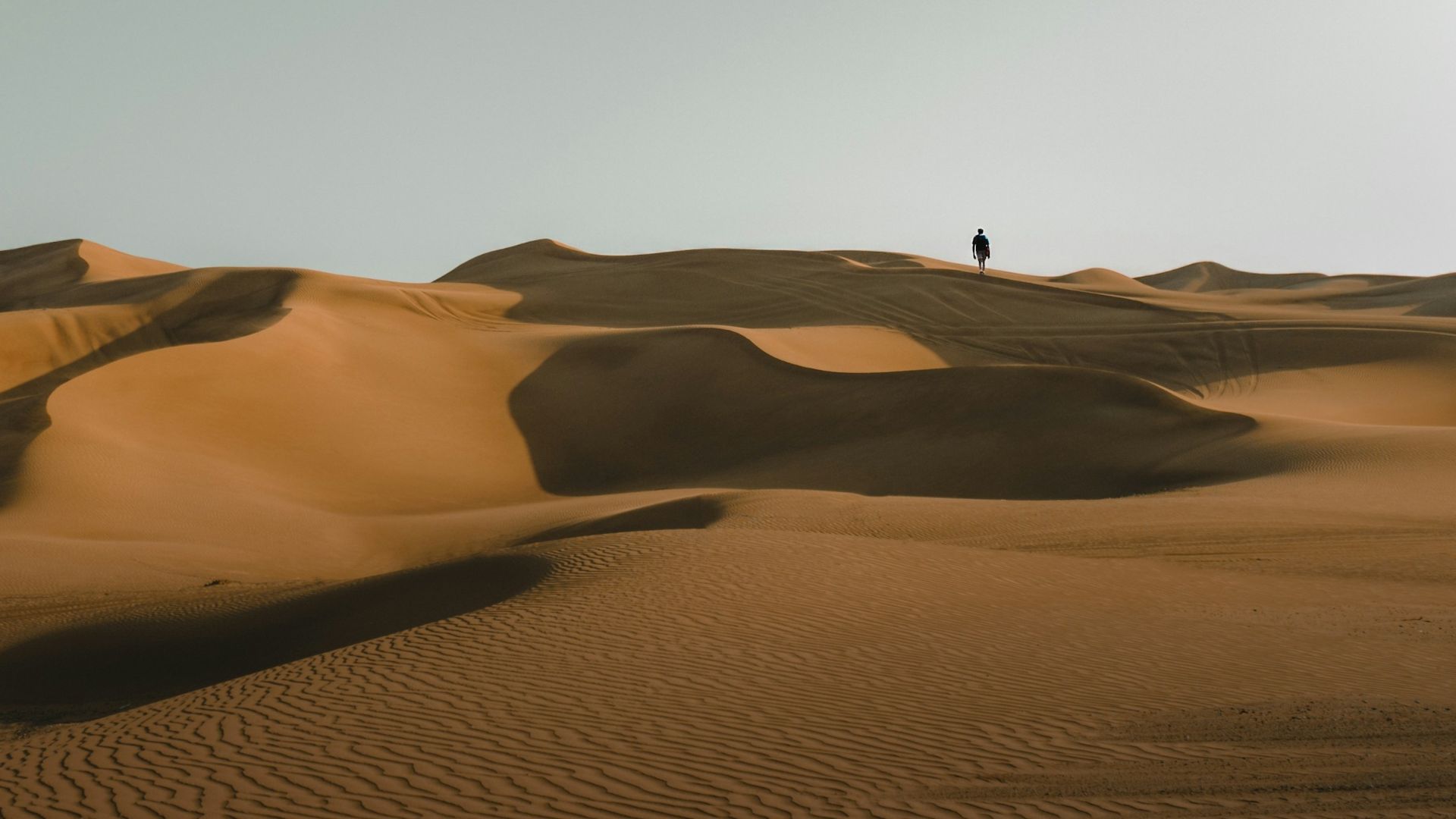[vc_row][vc_column][vc_column_text]

[/vc_column_text][/vc_column][/vc_row][vc_row el_class=”hero-header-text”][vc_column][vc_column_text]
Sacramento, California: Journey to Friendship
Place of Refuge – Part Four
by Jordanna Sadri | February 8, 2018
[/vc_column_text][/vc_column][/vc_row][vc_row][vc_column][vc_column_text]The numbers of people who have been forced to leave their homes throughout the world are staggering and growing—imagine the entire population of the United Kingdom or half the population of Mexico having to leave their homeland. How do we begin to understand what that means? While the scope of this global crisis may seem incomprehensible and the solutions beyond our reach, at the heart of the crisis are individuals trying to survive to keep their families together, and to find safe landing. In this seven-part series, we look at the stories of those who have sought refuge and those who have entered into their lives to offer help and support.[/vc_column_text][vc_column_text]This story is Part-four of the Place of Refuge series. Click here to view additional stories.[/vc_column_text][/vc_column][/vc_row][vc_row][vc_column][vc_column_text]
The first time we met Hassan he said to us, “In Sha’ Allah (God willing) some day we can go back to Syria.” It was November 10, 2016, and my husband, Alex, and I had entered the address into our GPS and followed the instructions to Hassan’s family’s home in Sacramento.
We had been talking with World Relief about becoming a Good Neighbor family to a refugee family. We had learned that Sacramento was one of the leading cities in the nation for resettling refugees and that hundreds of people from Afghanistan, Iraq, and Syria were arriving here each month. We had requested that we be paired with a family with young children as we ourselves had a two-year-old son and four-year-old daughter.

When we arrived at their home we were warmly welcomed in with coffee and sweets. Depending heavily on the World Relief case worker to help us understand each other, we met Hassan and Miriam and their daughters, Shahad (eight) and Nagham (five). In that first meeting we all smiled as much as possible to ease any awkwardness. As we talked about our desire to be friends the questions began. They expressed some fear and confusion. “Will we have to go back?” “Are we able to stay here?” They had been in the US less than two months.
The most vivid memory from that first meeting was when Hassan told us that meeting an American family gave them hope. How could we be agents of hope?
In the past year our families have danced to YouTube videos, celebrated kids’ birthdays, played at the park, cooked and eaten together, explored downtown Sacramento, played fierce games of Uno for hours, looked at family photos, consumed gallons of Turkish coffee, shared stories of parenting and about our lives.
Our family’s lives had been safe—beautifully average. Kids to teens, college students to adults, jobs and marriage, kids and bills to pay. Hassan and Miriam started off in similar ways. He went to trade school to become a shoe designer. They married in their early twenties and their two daughters were born shortly afterward. Nagham was an infant when they had to flee their home.
Going to the store one day in their city of Damascus, Hassan was shot in the arm. Unmanned automatic sniper rifles had been placed throughout the city, set to be triggered by sensors to shoot at anything in the line of fire. Hassan and Miriam struggled with the thought of leaving. Their parents and siblings were there. Damascus was their home, their community.
They still dream of going home to the place they remember—yet the terrible reality is that their home no longer exists. At least not the way they remember it.
In my conversations with Miriam, she shares with me memories of her brother who was killed in Syria after they fled to Jordan. She and Hassan were living in a tent city in Amman when they received word of his death. She told me of her desire to have more children now that they are settled here. When we heard that she was pregnant, we celebrated with them. But in her first trimester Miriam had a miscarriage. More loss. More pain.
Hassan dropped the girls off at school every morning, but one day he received a call saying that Nagham had not been to school all week. Racing to the school, he discovered that she was scared and had been going to class with her friend, rather than her own classroom. For four days neither Nagham’s teacher nor her friend’s had noticed that one student was not there and that one class had one student too many.
I remember our first meeting when Miriam and Hassan so boldly claimed the hope they felt in meeting some American friends. My husband and I left that encounter in tears, humbled by the thought that we might be able to make a difference in a small way.
Today we love their family and show up for them, and they do the same for us. We are in many ways different, but in so many more ways the same. They are Muslim. We are followers of Jesus. Alex and I were born in this country to two sets of immigrant parents, Hassan and Miriam came here from Syria. We all love our spouses, our kids, this country, and we value our freedom. We are thankful for every birthday we get to celebrate, and feel grateful for a safe place to live. We want to provide for our families. Yet their family has lost so much.
Jesus tells us in Luke 10:36-37 that the one who showed mercy was the good neighbor. He then challenges us to “go and do likewise.” And so we do.
[/vc_column_text][/vc_column][/vc_row]














